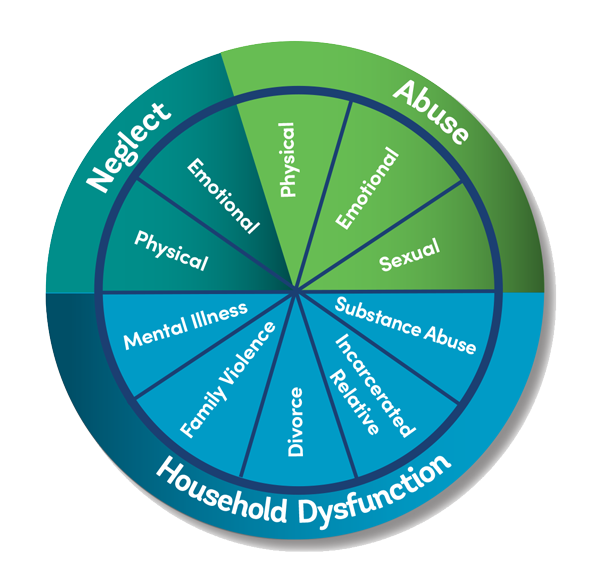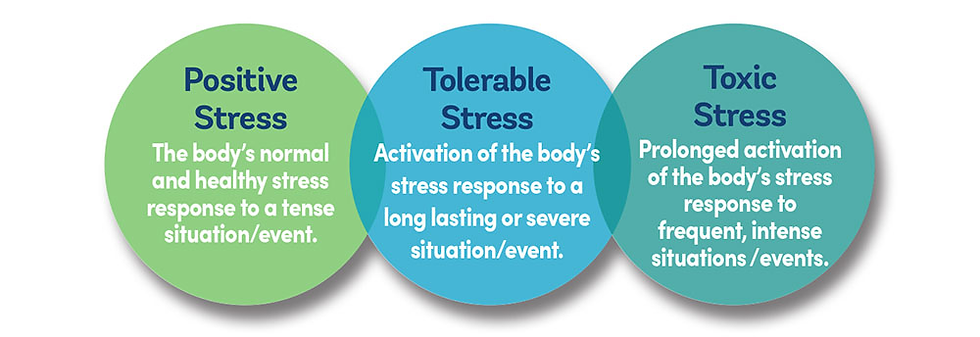Child Welfare and Infant Mental Health
- Nov 13, 2023
- 3 min read
Updated: Jun 24, 2025
By Delaney Jones, Community Coordinator, Safe Babies of Cuyahoga County
I have often heard the line of thinking within our child welfare systems that for young children, who are too young to self-protect, it feels better to err on the side of caution when assessing the potential need for removal. The thinking goes, if we’re assessing the safety of an infant or toddler in the home with their parent, and there are some clear safety concerns, and if the alternative is a proven-to-be-safe foster home, isn’t that obviously the better choice?
But we must not forget the inescapable trauma inflicted on young children when we separate them from the only family they know. Trauma impacts the wiring of the brain during an extremely formative period in the development of the brain structure. Children undergo the extreme stress of separation and destabilization even when well cared for in the safest of foster homes.
In some cases, this cannot be avoided because the trauma that the child would endure remaining in the current home outweighs the additional trauma caused by separation. And in those cases, there are ways to buffer the trauma of the removal and support the child in making some sense of what’s happening to them (yes, even with babies!) and in maintaining and building healthy attachment relationships. We should prioritize those steps to buffer the trauma of separation very highly, especially because these are children who are often too young to be able to communicate the stress that this experience is causing. Because babies can’t voice that to us, it can be easy for us to let those steps slip through the cracks or to view these steps as somewhat non-essential in a system where professionals are constantly bombarded with very pressing emergencies.
Infancy and toddlerhood is an extremely formative period of development of a child’s brain and trauma experienced during this period can have a long-term, devastating impact on the way the child develops – but we can also spark a long-term positive impact on the development of the child by being very thoughtful and intentional about their needs and about the relationships that are important through their eyes.
For infants and toddlers that are in vulnerable situations that lead them to the attention of our child welfare system, not only is it important that all professionals working with and around that child are knowledgeable about early development and trauma, but it is essential that we connect those kids with high-quality early childhood mental health services. The mental health of infants, toddlers, and young children is as important as their physical health. Make no mistake: mental health issues can and often do take root very early in life.
Many people’s first long-term memories are from around the ages of 3- or 4-years old. Because of this, there is a common misconception that early experiences won’t be understood or remembered. The opposite is true – though adults may not be able to recall memories from infancy, the experiences during the first 0-3 years become baked into the wiring of the brain.
With each interaction a baby has with a caregiver, they develop important neural pathways that shape their future social-emotional and cognitive functioning. The mental health of babies and toddlers is intertwined and dependent on the quality of their relationships with adult caregivers.
Infant and early childhood mental health services can treat young children who have experienced painful or scary events. The therapist meets with the child and their caregiver(s) regularly to help the family and child heal from stressful experiences, understand feelings and behaviors, use play to promote connection and development, and get the child on track for healthy social-emotional development.
It is critical we remember that the mental health trajectory of our future adults has its roots in early childhood and in relationships. This is especially critical for children who are involved in our child welfare system and for whom important relationships are causing stress or are being disrupted. The decisions we make can have a very long-term positive or negative impact on children. When we as professionals in these systems understand early mental health and the importance of early relationships, we can spark a healthy and successful future for children.





